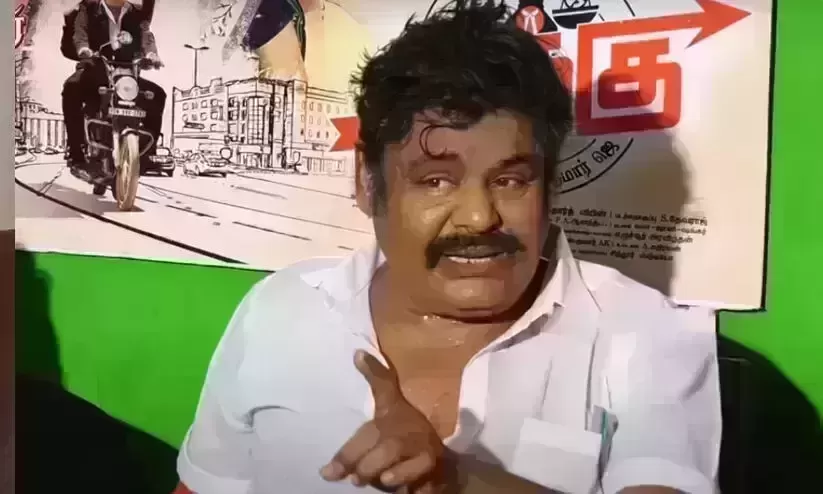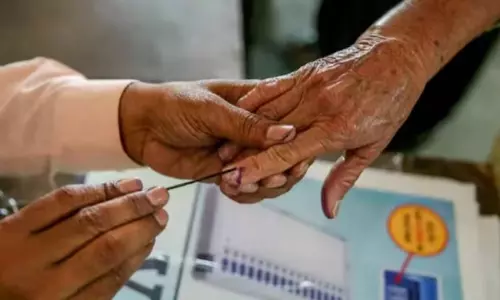
Not Caesar's wife alone, but Caesar too should be beyond suspicion
text_fieldsThe unprecedented press conference held by the four senior most judges of the Supreme Court was a rare incident that brought to light the anti-democratic sentiments deep rooted in the Indian judicial system. It is true that it shook the credibility of the Supreme Court considerably.
However, that debate lent credence to the argument that the Supreme Court and the appointment of judges should be more democratic and fair. Once again it was reinforced that even the Supreme Court was not entirely free from the unholy interference by the ruling establishment. And now Justice B Kemal Pasha's farewell speech and his open talk to the media reveal that the dark corners exist not only in the Supreme Court, but also in Kerala High Court. In other words, Kerala High Court is not free either from the decadence happening in our judiciary. And the response by an outgoing Justice PN Ravindran, that some petty minds have ventured into tarnishing the institution and judges soon after retirement and that he will speak more in the next days, may make the business of the High Court more complicated in the coming days. And as in the SC, in the High Court also, the one in the dock is the chief justice.
But the criticisms raised by Justice Pasha cannot be reduced to be read as his grudge against the annulment of his verdict in the Cardinal case. Nor can the core of the theme be erased by outcasting him with a response that his comments are an insult to the high court. His statements, made with the conviction that they are essential for opening people's eyes and for cleansing the judiciary, can be summarized as: "The changes in the jurisdiction of judges will cause the people to suspect that extraneous factors interfere in the judiciary. That will diminish the credibility of the judgement and the reputation of the court. When new judges are appointed, having a little more transparency will be good for the credibility of the judiciary. The criticism that favourites come to be appointed, is strong among the lawyers. And that is correct to a large extent. The government is a major litigant in the cases. Judges should not accept government posts at least for a definite period post-retirement. When judges accept posts immediately after retirement, suspicion will be cast on the judiciary and their judgements. No room should be given for that." All these criticisms have been raised earlier too. The charges against the Supreme Court made by Justice Chelameswar were almost along the same lines. Therefore it would not be wise to dismiss them as arrogance of petty minds. On the other hand, the judiciary has to acknowledge that it also is under the scanner of the public and be open to corrective measures.
It is true that such plain speaking may tarnish the reputation of the high court. But when our courts have put a curtain on criticisms and investigations, with complexities of litigation and the threat of contempt of court, the decay of judicial institutions will be exposed only through such debates. Only then will the proceedings of the courts, and the denial of justice happening there, be discussed and debated before the public, without fear or anxiety. It is, without mention, becoming clear from Justice Pasha's adverse comments about collegium how the path to seats of judiciary are getting paved with hurdles for Dalits and backward class. Ipso facto, what is needed is not to hide and hush up the questions raised against appointment of judges and the unholy nexus with the government, but to show the democratic capacity to take them forward as open debates. Such debates should become an occasion to make the judiciary - the last asylum of democracy - free from undesirable tendencies, and to ensure that the paths traversed by courts are those of justice. Let the courts also remove their cloak of divinity with a sacred image of being beyond criticism, and be in the dock for people's trial. It is not Caesar's wife alone, but Caesar too who should be beyond suspicion.

















